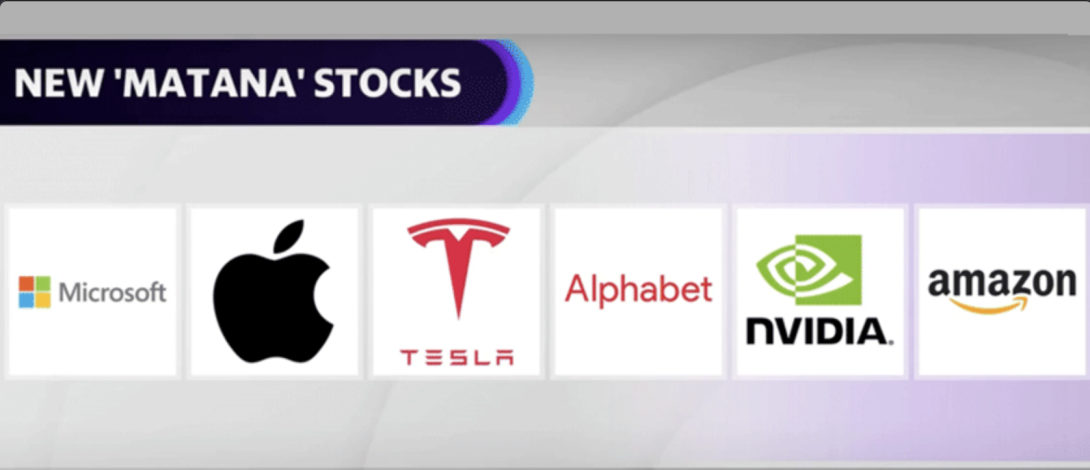
News Analysis: Bear Market or Tectonic Shift?
Best Two-Day Rally Since 2008
The NASDAQ Composite closed out the week with its biggest two-day rally since 2008. CPI numbers hinted that inflation was subsiding and hope sprung that the Fed would take a less severe stance. Should the Fed hiking slow down from 75 basis points to 50 basis points, market watchers remain hopeful and some took advantage of the early signals of slowing inflation.
As many astute readers know, the general progression of recession comes down to five major stages:
- Stage 1: Valuation cuts
- Stage 2: Earnings misses
- Stage 3: Credit and liquidity crunches
- Stage 4: Unemployment increases
- Stage 5: Real estate crashes
We've only hit the first stage, while a minority of tech companies have hit the second stage. In fact, the NASDAQ 100 enterprise value to sales ratios dropped from 5.40 in January 2022 to currently at 3.71. Over the past 10 years, that average ratio was at 3.35. As cost of capital continues to drive investors to alternatives other than growth stocks, the market is moving towards more fixed income and energy in this shift. The 10 year Treasury si now at 3.628 giving folks an alternative to risk assets and growth stocks. Many feel we are at a tectonic shift on tech stocks, yet this is not yet the case.
Why?
For a tectonic shift to occur, massive disruptions at the first principle level must occur. To date, no new disruptive technologies have emerged to displace incumbents. No new business models have been applied unevenly in the market. Moreover, the market has not only been consolidating, the market dynamics have led to less competition. In fact, there are only two to three major competitors in each market segment vying for customer budgets. Subsequently, this leads to not a tectonic shift, but a mini bear market rally. To be clear, this is not a recovery at all in the tech market.
The Bottom Line: More Bear Market Rally Than Tectonic Shift, Bet On MATANA and Dividend Payers
That being said, not all tech stocks are created equal. The MATANA super set of stocks show resilience. As investors shift from FAANG to Microsoft, Apple, Tesla, Alphabet, Nvidia, and Amazon, these big bets rest on 5 key elements:
- Building the largest networks - connecting billions of users, devices, or networks.
- Disintermediation of customer account control - aggregating networks onto a single platform, portal, or user experience.
- Compete on data - bringing together the objects, context, actions, and insights into the largest business graph
- Earn revenue on multiple digital monetization models - monetizing ads, search, goods, services, memberships, and subscriptions
- Follow a long term mindset - abiding by the rule of 40 and investing for escape velocity
The technology stocks that don't follow these five key elements of digital giants will continue to wither. Consequently, Facebook and Netflix no longer qualify to win as digital giants. Alibaba would meet many of these requirements but the CCP China infiltration hampers their ability to win.
One other key category of stocks are the dividend paying tech stocks. Here's five that meet the MATANA profile.
- Apple
- IBM
- Intel
- Microsoft
- Oracle
Your POV
Do you see this as a shift or bear market rally? Make your case? Will Cloud stocks in the enterprise lead their way?
Add your comments to the blog or reach me via email: R (at) ConstellationR (dot) com or R (at) SoftwareInsider (dot) org. Please let us know if you need help with your strategy efforts. Here’s how we can assist:
- Developing your metaverse and digital business strategy
- Connecting with other pioneers
- Sharing best practices
- Vendor selection
- Implementation partner selection
- Providing contract negotiations and software licensing support
- Demystifying software licensing
Reprints can be purchased through Constellation Research, Inc. To request official reprints in PDF format, please contact Sales.
Disclosures
Although we work closely with many mega software vendors, we want you to trust us. For the full disclosure policy,stay tuned for the full client list on the Constellation Research website. * Not responsible for any factual errors or omissions. However, happy to correct any errors upon email receipt.
Constellation Research recommends that readers consult a stock professional for their investment guidance. Investors should understand the potential conflicts of interest analysts might face. Constellation does not underwrite or own the securities of the companies the analysts cover. Analysts themselves sometimes own stocks in the companies they cover—either directly or indirectly, such as through employee stock-purchase pools in which they and their colleagues participate. As a general matter, investors should not rely solely on an analyst’s recommendation when deciding whether to buy, hold, or sell a stock. Instead, they should also do their own research—such as reading the prospectus for new companies or for public companies, the quarterly and annual reports filed with the SEC—to confirm whether a particular investment is appropriate for them in light of their individual financial circumstances.
Copyright © 2001 – 2022 R Wang and Insider Associates, LLC All rights reserved.
Contact the Sales team to purchase this report on a a la carte basis or join the Constellation Executive Network
 R "Ray" Wang
R "Ray" Wang R "Ray" Wang
R "Ray" Wang